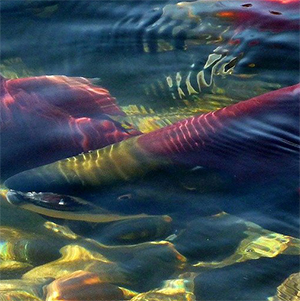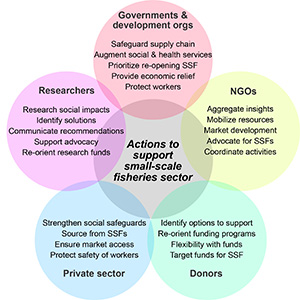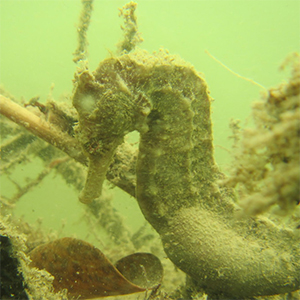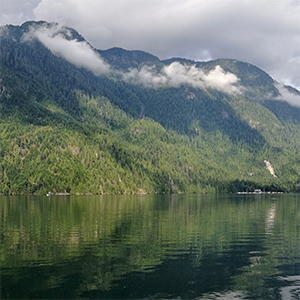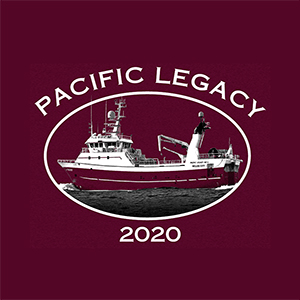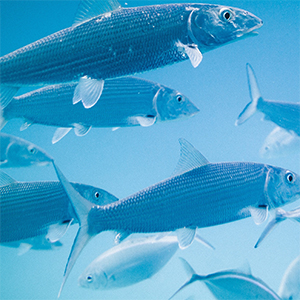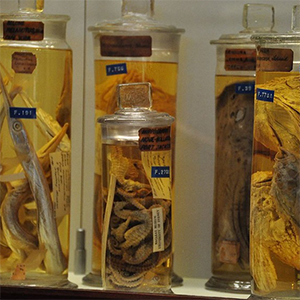You are what you eat is as important for BC’s fish as it is for people – UBC study
By determining the availability of high-quality prey for these commercially important groups of fish we can improve estimates of herring and salmon productivity
Solidarity with all people protesting police violence in Canada and the US
The Institute for Oceans and Fisheries is proud to stand in solidarity with UBC’s Black Student Union and all people protesting police violence against Black people in Canada and the United States.
How small-scale fishers are struggling amid COVID-19 crisis
Researchers explored the impacts of the COVID-19 crisis on small-scale fisheries in Canada and worldwide, and provided recommendations on how to support them.
UBC seahorse expert wins world’s top animal conservation award
Amanda Vincent becomes first marine conservationist to win Indianapolis Prize
FCRR – The catch and trade of seahorses in India pre-ban
This FCRR report documents the first seahorse trade surveys and analyses conducted by Project Seahorse in India, in 1999.
Return of ‘the Blob’ could intensify climate change impacts on Northeast Pacific fisheries
A large marine heatwave would double the rate of the climate change impacts on fisheries species in the northeast Pacific by 2050
Mapping the evolution of coastal waters in Metro Vancouver: The Burrard Inlet
How did the Burrard Inlet look like in the past, compared to how it is now? What were the fishing, food source, and maritime resources there, and how did this habitat change over time?
Gulf of Alaska 2020 Expedition update
A second research expedition to study the winter ecology of salmon in the Gulf of Alaska is underway.
FCRR – Marine and Freshwater Miscellanea II
The second collection of articles by Daniel Pauly and colleagues that were deemed not suitable for peer-reviewed scientific journals, but which readers may find of interest.
New use for museum fish specimens
Some fish are difficult to reach and a museum specimen may be the only known representative of the species. Using preserved fish specimens is a more precise way to learn.
